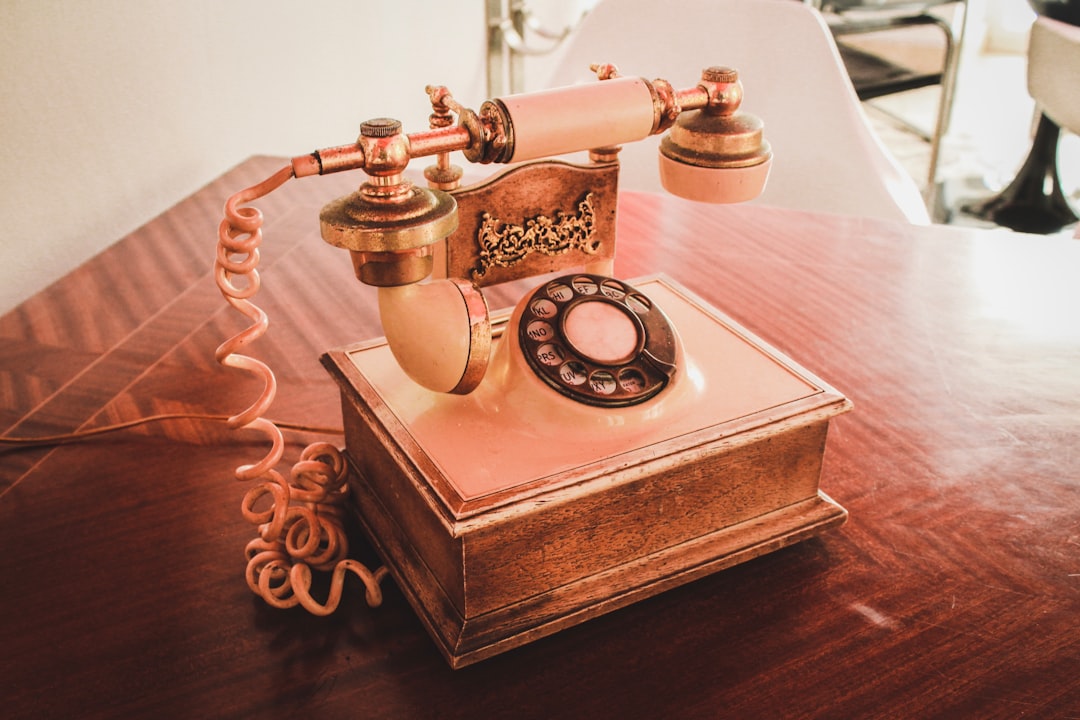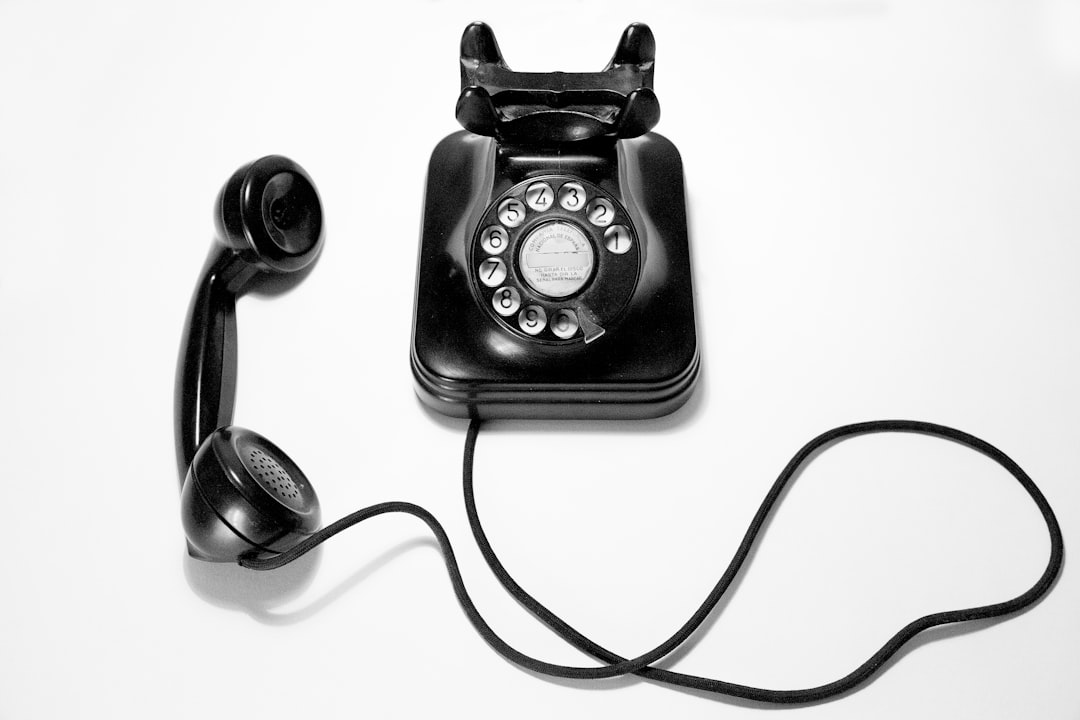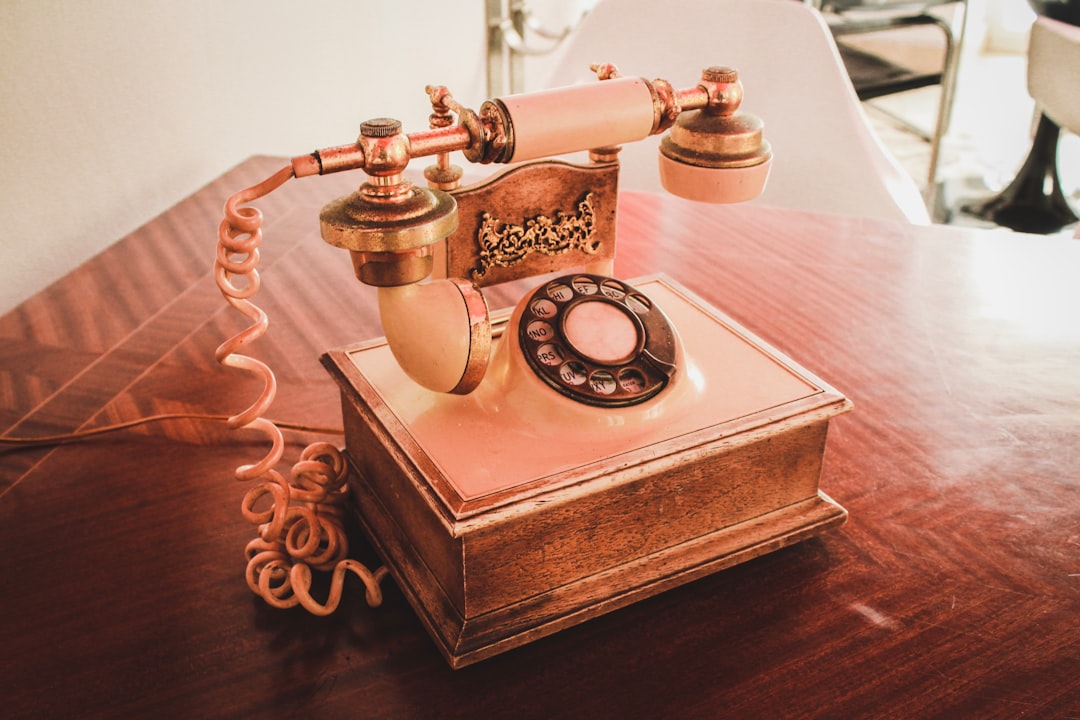Maryland's stringent Do Not Call laws protect residents from unwanted telemarketing by offering opt-out options and strict penalties for violations. The rise of the Internet of Things (IoT) has exacerbated spam calls, challenging these laws. Residents facing issues should consult Do Not Call Lawyer Maryland or Spam Call law firm Maryland experts who help navigate regulations, protect privacy, and avoid legal complications. These firms assist both residents and businesses in understanding and complying with evolving Do Not Call laws in the digital age.
“The proliferation of the Internet of Things (IoT) has led to a surge in spam calls, posing new challenges for Maryland’s stringent Do Not Call laws. This article delves into the intersection of these two facets: understanding Maryland’s Do Not Call regulations and exploring how IoT is reshaping the landscape for Do Not Call lawyer services within the state. From identifying legitimate calls to navigating legal complexities, discover the impact of IoT on how Maryland residents protect their privacy against unsolicited communication.”
Understanding Maryland's Do Not Call Laws: A Brief Overview

Maryland’s Do Not Call laws are designed to protect residents from unwanted telemarketing calls and sales pitches. These regulations give consumers the power to opt-out of receiving such calls, providing a layer of privacy and peace of mind. The state has established specific guidelines for businesses engaging in telemarketing activities, including registration requirements and restrictions on call frequency. Violating these laws can result in significant penalties, making it crucial for both businesses and individuals to understand their rights and obligations.
For those who feel they have been affected by spam calls or face issues related to Do Not Call regulations, consulting a Do Not Call Lawyer Maryland or a Spam Call law firm Maryland is advisable. Legal experts in this field can guide residents on how to navigate the complexities of these laws and ensure their rights are protected. Moreover, such attorneys can assist businesses in understanding and complying with Maryland’s Do Not Call Laws to avoid potential legal consequences.
The Rise of IoT and Its Influence on Spam Calls

The Internet of Things (IoT) has revolutionized various aspects of our daily lives, connecting devices and enabling seamless communication. However, this technological advancement has also inadvertently fueled the surge in spam calls, posing challenges to Maryland’s Do Not Call laws. With IoT, personal information is more readily accessible, allowing telemarketers to target consumers on a never-before-seen scale. Smart home devices, for instance, can be exploited as entry points for call centers to gain access to individual contact lists and phone numbers.
As the number of connected devices grows exponentially, so does the potential for abuse. This has prompted many consumers in Maryland to seek legal counsel from Do Not Call lawyers or attorneys specializing in this area. These legal professionals help residents navigate the complexities of spam call regulations, ensuring their rights are protected under the state’s stringent Do Not Call laws. By staying informed about the evolving role of IoT in telemarketing practices, Maryland residents can better protect themselves and take proactive measures against unwanted calls.
How IoT Impacts Do Not Call Lawyer Services in Maryland

The rise of the Internet of Things (IoT) has brought about significant changes in how businesses operate and communicate with their customers. For Do Not Call lawyer services in Maryland, this means adapting to a new landscape where consumer privacy and data protection are enhanced by IoT technologies while also facing new challenges from spam calls and automated communication.
IoT devices, from smart home systems to business analytics platforms, allow for more precise targeting of marketing campaigns, potentially reducing unwanted phone calls. However, it also introduces complexities in identifying legitimate callers and filtering out spam. Do Not Call attorneys in Maryland must now consider how IoT data can be leveraged to strengthen legal arguments regarding violation of the state’s robust Do Not Call Laws. By understanding the interplay between IoT and consumer protection laws, law firms can better assist clients and navigate this evolving regulatory environment, ensuring compliance while protecting their clients’ rights.
Navigating Legal Challenges: IoT and Do Not Call Regulations in Maryland

The rise of the Internet of Things (IoT) has brought about significant advancements in technology, but it also presents unique challenges for existing regulations, including Maryland’s Do Not Call laws. As IoT devices become more prevalent, the line between legitimate marketing and intrusive spam calls blurs, especially with automated communication systems. A Do Not Call Lawyer Maryland or a specialized Do Not Call Attorney Maryland is increasingly crucial to navigate this complex landscape.
These legal professionals are equipped to help individuals and businesses understand their rights and obligations under Maryland’s Spam Call laws. With the ability to connect various devices and track user data, IoT technologies can make it easier for telemarketers to bypass traditional Do Not Call lists. As a result, seeking expert advice from a reputable Do Not Call law firm Maryland is essential to protect against unauthorized calls and ensure compliance with local regulations, safeguarding one’s peace of mind in today’s digital age.






